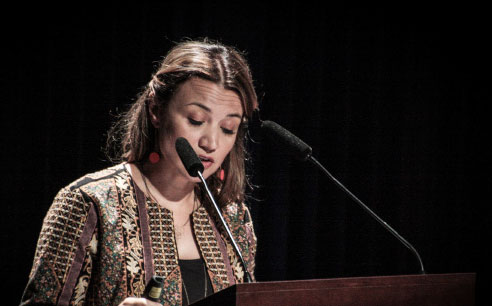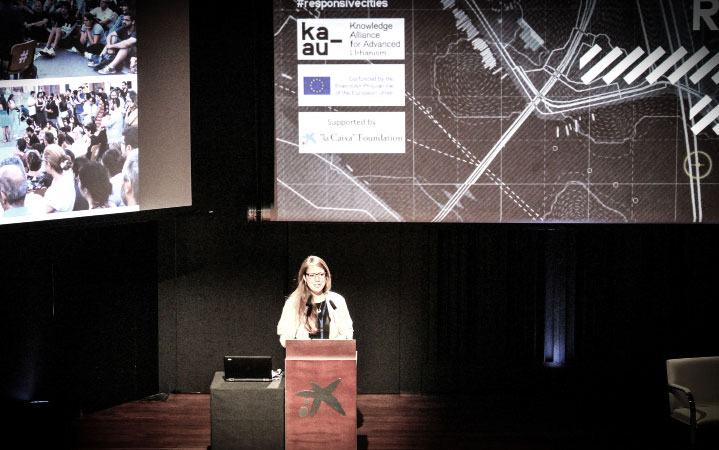
Is the idea of self sufficiency compulsive?
The rise of closed worlds
We live in offices. We spend our life in atmospherically sealed enclosures that define collective, internally rational and self-referential spaces eternally processing inputs and outputs. Since the pilot project of NASA living pod in 1960, man has been treated as a diagram of input and output with his habitat. He is the process’s result of his own wastes, but, despite the rigour of mathematical formulas, the contained ecosystems in which he lives are unpredictable in their evolution: sudden ruptures always occur, and there is no heating system. In closed worlds nature is sampled and systematised through technological mediation; Walt Disney, in his Epcot project in 1966, was considering dweller’s happiness as a variable just as waste or pollution management. So, it does not matter if from the military purpose of colonizing outer spaces or from self-sufficiency’s desires, impossibly controlled enclosure’s ideas have become institutionalized through a series of bureaucratic mechanisms (and eventually labelled as eco-friendly or green) while they disclose the struggle to reconcile the utopian ideas of replicating earth in its totality with adversarial and raw material reality.
Sustainability is a new form of capital
Our indoor environments are politically charged spaces that reflect social ideas, economic agendas and cultural specific standard of taste and judgement. Because data and measurements in controlled enclosures offer trustworthy mediums on how to develop sustainability criteria, they have become pervasive and they have persisted either in the challenging settlement of our overpopulated and dense cities. Architectural processes have been redeemed by the sustainable design practices, minimising energy loss at the cost of air and light. The manipulation of organic and ecological processes contained within artificial enclosures have become a metaphor for enforcing bio-standardised life, recalling the power of data and cultural capital. Is the idea of self-sufficiency compulsive and hysteric in the will to generate ceaselessly new life out of all cycle production’s wastes? So, what degree resource-conservation strategies are sustainable form of practice?
by Lydia Kallipoliti


